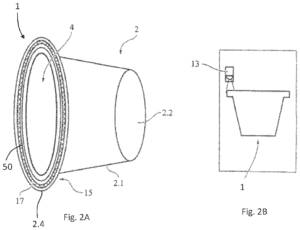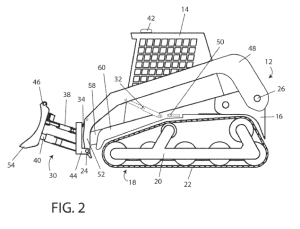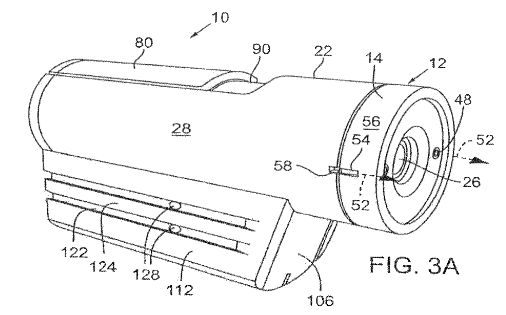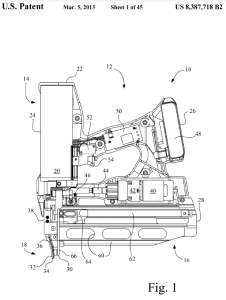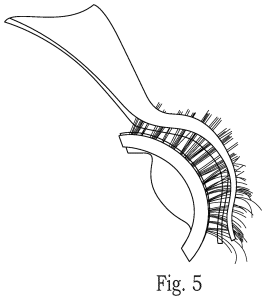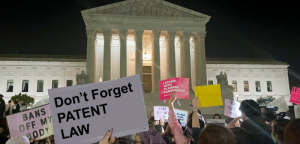by Dennis Crouch
[A prior version of this article's title mistakenly stated that Amarin had filed the petition]
Hikma's recent petition for rehearing en banc against Amarin asks the Federal Circuit to reconsider its "skinny label" jurisprudence. Amarin Pharma Inc. v. Hikma Pharmaceuticals USA Inc., 23-1169 (Fed. Cir. 2024)
These cases typically involve the following scenario:
- a drug formulation with multiple approved uses;
- the formulation/compound patents are all expired as are patents on one or more uses; but
- at least one method of use claim is still under patent (e.g., take 100 mg each day to treat hypertension...).
The FDA will approve a generic version of the formulation, but the approved label will only mention the non-patented uses. Thus, it is a "skinny label" because the patented uses listed on for the branded formulation have been "carved out."
Of course, everyone understands that it is the same drug and will be just as safe and effective as the branded. The generic manufacturer, along with doctors, patients, pharmacies, insurance companies, and hospitals, . . . they all understand the carveout as simply a patent legalese. While technically an 'off label' prescription, it is still for an approved use considered safe and effective. In my experience, these folks typically do not strongly support the patent system and would have no compunction against using the cheaper drug for the patented use -- so long as they do not get tagged.
Background on the Amarin case: Amarin markets Vascepa (icosapent ethyl), which was initially approved by the FDA in 2012 to treat severe hypertriglyceridemia (triglycerides ≥500 mg/dL). In 2019, Amarin obtained a second FDA-approved indication for Vascepa to reduce cardiovascular risk in certain patients. Amarin holds method patents on this cardiovascular (CV) indication. Hikma sought approval for a generic version of Vascepa, but with a "skinny label" that carved out the patented CV indication under 21 U.S.C. § 355(j)(2)(A)(viii). After launching its generic, Hikma issued press releases referring to its product as the "generic version of Vascepa" and noting Vascepa's total sales figures, which were largely attributable to the patented (but unmentioned) CV use. None of Hikma's statements direct others toward the patented CV use, but conspiracy minded jurists could quickly connect these dots. If you know what I mean, nudge nudge, wink wink.
The basic question in the case is whether these actions by Hikma qualify as the "clear expression or other affirmative steps taken to foster infringement" typically required by precedent. Quoting DSU Med. Corp. v. JMS Co., 471 F.3d 1293 (Fed. Cir. 2006) (en banc in relevant part).
